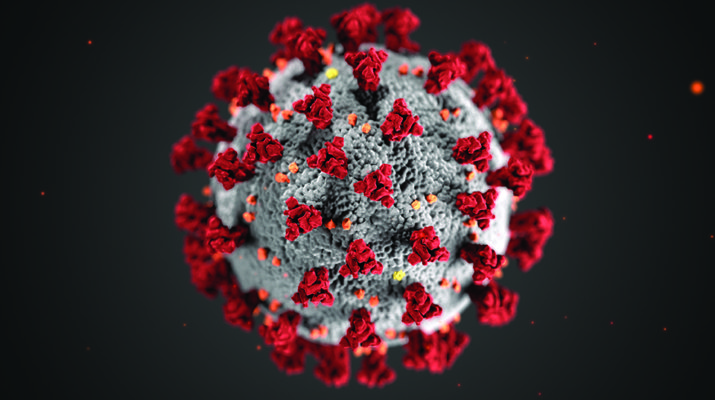A patient at Regional West Medical Center is being tested for the novel coronavirus (COVID-19) and has been placed under Person Under Investigation (PUI) status per the CDC guidelines and the Nebraska State Epidemiologist’s recommendation. Regional West handled the case in the same way they manage other diseases that require airborne precautions and monitoring.
“We followed our standard infectious disease protocols, which includes isolating the patient and notifying the state health department, to provide the best care for the patient and to minimize the risk of disease transmission,” said Dr. Matthew Bruner, MD, FACOG Regional West Chief Medical Officer.
Anyone in the western Nebraska region who has potentially been exposed to the novel coronavirus and experiences flu-like symptoms should not go to the hospital or a clinic. At the sign of symptoms, they should call Regional West Community Health or Regional West Emergency Department 308-635-3711. Healthcare providers will determine if the patient can be cared for at home or if hospitalization is necessary.
Panhandle Public Health District continues to monitor the unfolding COVID-19 epidemic to anticipate its impact on the Panhandle and our health systems. This is an evolving situation with many unanswered questions. We will continue to communicate important updates to the public and our partners. The CDC is putting out updated guidance daily; for the most up to date information visit: https://www.cdc.gov/coronavirus/index.html
“We want you to know that we are working with emergency managers, local health systems and partners,” said Kim Engel, PPHD Director, “Please remember any information shared is not designed to cause panic, but to help prepare us should there be an outbreak in our communities.”
Residents with a travel history to the following countries Hong Kong, Japan, South Korea, Iran, Italy, Singapore, Taiwan, Thailand, Vietnam, and China in the last 14 days are asked to contact PPHD for guidance (308-262-5764) and the next steps. This is the most direct way to ensure timely medical care if needed and to minimize the potential risk to others.
It is important to remember that people who may become ill upon returning from overseas travel are more likely to have other respiratory illnesses typically seen this time of year like flu, which might also require treatment. It is possible that we could see travel-related COVID-19 cases in the Panhandle.
Residents are also encouraged to review their family preparedness plans in the event that coronavirus disease 2019 continues to spread in the United States.
People can help protect themselves from COVID-19 and other respiratory infections by:
* Washing hands often with soap and water for at least 20 seconds. If soap and
water aren’t available, use an alcohol-based sanitizer.
* Avoid touching your eyes, nose, and mouth with unwashed hands.
* Avoid close contact with sick people and stay home if you are sick. Social
distancing has been key in reducing spread.
* Cover your nose and mouth with a tissue when you cough or sneeze then throw
the tissue in the trash.
* Clean and disinfect frequently touched objects and surfaces.
The CDC does NOT currently recommend the general public use facemasks.
PPHD is working with state health officials to continue to take action to prevent the spread
of disease and protect the health of Nebraskans, including:
* Sharing the latest guidance and information with hospitals, health care providers, first responders, and local and state labs. We have been holding weekly updates with hospitals and clinics.
* Assessing our health care system’s readiness to identify, monitor and treat patients with coronavirus disease 2019.
* Engaging in active and ongoing communication with state and federal partners as part of the overall national response to this emerging public health threat.
* Reviewing and enhancing response plans with emergency management and partners to be ready for the detection of COVID-19 in the panhandle.
* With the state and other local health department partners, we have a system in place to track and monitor cases in an effort to immediately detect secondary cases and minimize the potential for ongoing, undetected, person-to-person transmission. There are no cases in the Panhandle.
To learn more about COVID-19, go to https://www.cdc.gov/covid19.

